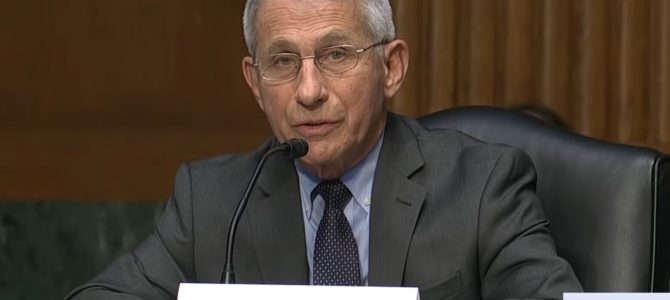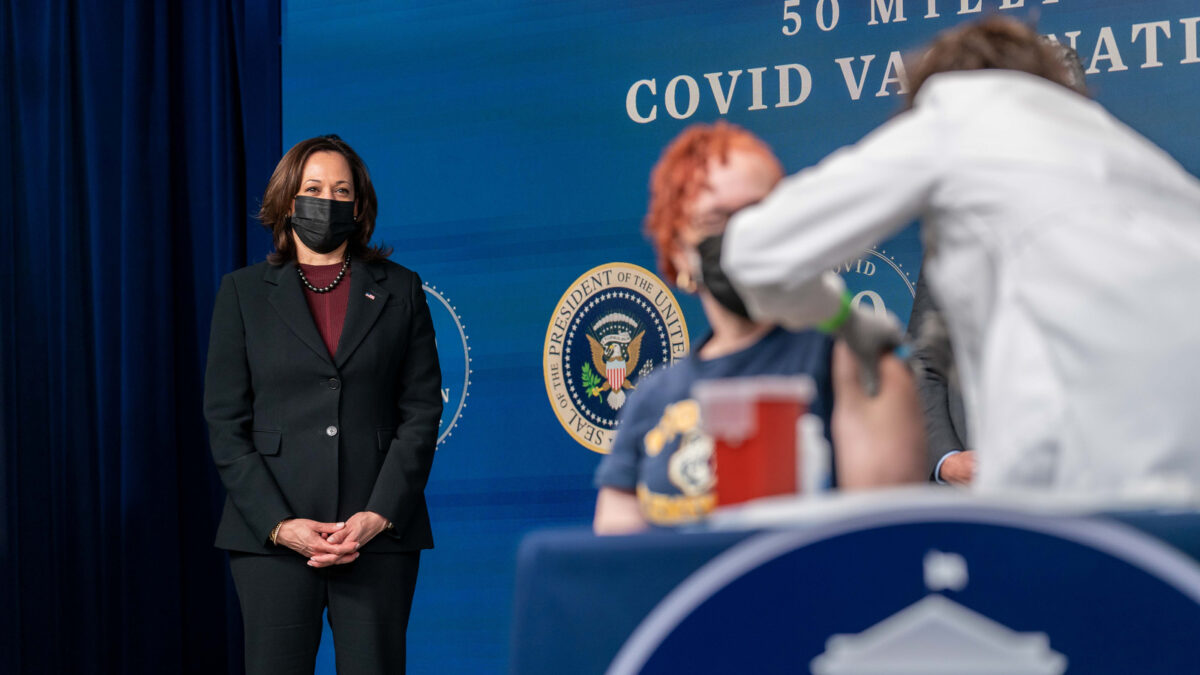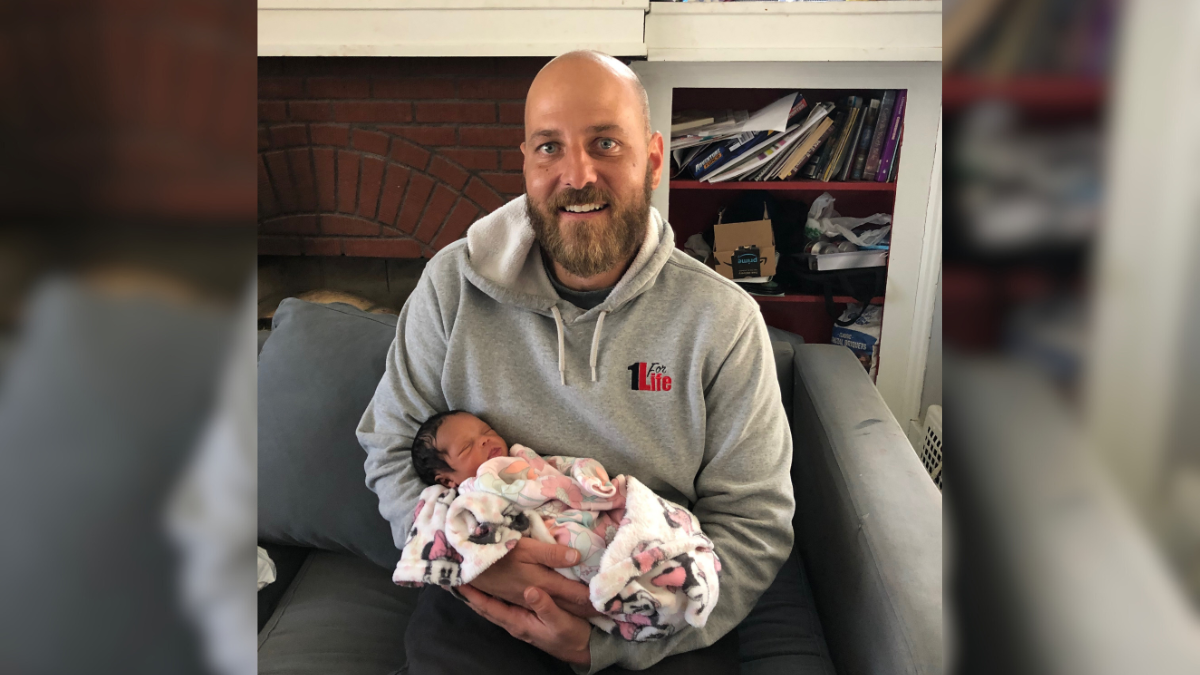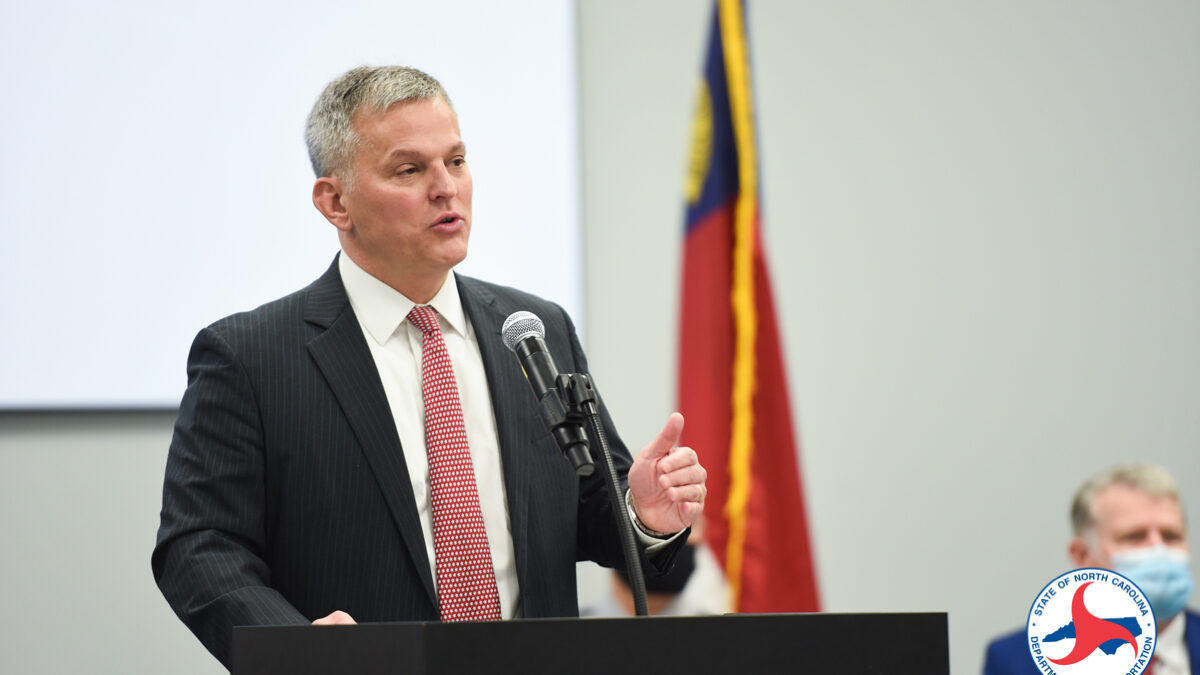National Institute of Allergy and Infectious Diseases (NIAID) Director Anthony Fauci defended “gain-of-function” research in 2012 — wherein scientists extract viruses from the wild and engineer them to infect humans in order to study potential therapeutics including vaccines — as research worth risking a pandemic over.
“In an unlikely but conceivable turn of events, what if that scientist becomes infected with the virus, which leads to an outbreak and ultimately triggers a pandemic?” Fauci wrote in a paper reported on by The Australian. “Scientists working in this field might say — as indeed I have said — that the benefits of such experiments and the resulting knowledge outweigh the risks.”
BOMBSHELL! Dr Fauci in 2012 wrote that “gain of function” research to juice up bat viruses was worth risking a pandemic: “the benefits of such experiments and the resulting knowledge outweigh the risks. It is more likely that a pandemic would occur in nature” @SharriMarkson scoop https://t.co/S7ILuzgnNw pic.twitter.com/iwyPCPctId
— Miranda Devine (@mirandadevine) May 28, 2021
The revelation of Fauci’s 2012 defense of the research comes as new reports emerge, breathing new life into the lab-leak theory among the political establishment that dismissed the origin hypothesis, which was always credible, as a conspiracy theory.
Reporting on previously undisclosed intelligence this month, the Wall Street Journal published a story of three researchers at the Wuhan Institute of Virology who were hospitalized with COVID-like symptoms in November 2019, preceding the pandemic’s first outbreak in the Hubei province. The lab, known for its relaxed safety protocols, was reportedly collaborating with the Chinese military and conducting gain-of-function research into bat coronaviruses, according to the Trump State Department in a fact sheet not disputed by officials in the Biden administration.
Two years after Fauci’s defense of the high-stakes research, the U.S. government deemed the work so dangerous it was banned. According to longtime journalist and former New York Times science writer Nicholas Wade, however, Fauci circumvented the U.S. moratorium and supported gain-of-function with grant money from the NIAID funneled through EcoHealth Alliance, operated by Dr. Peter Daszak.
“From June 2014 to May 2019 EcoHealth Alliance had a grant from NIAID, part of the National Institutes of Health, to do gain-of-function research with coronaviruses at the Wuhan Institute of Virology,” Wade reported in a lengthy Medium post.
Kentucky Republican Sen. Rand Paul pressed Fauci on U.S. tax dollars going to the Wuhan lab during a Senate Committee on Health, Education, Labor, and Pensions earlier this month.
“Gain-of-function research, as you know, is juicing up naturally occurring animal viruses to infect humans. To arrive at the truth, the U.S. government should admit that the Wuhan Virology Institute was experimenting to enhance the coronavirus’s ability to infect humans,” Paul said.
Fauci denied that the novel coronavirus was a potential byproduct of funding from the NIAID or its parent organization, the National Institutes of Health.
“With all due respect, you are entirely, entirely and completely incorrect,” Fauci told Paul. “The [National Institutes of Health] has not ever and does not now fund gain-of-function research in the Wuhan Institute of Virology.”
.@RandPaul: "Dr. Fauci, do you still support…NIH funding of the lab in Wuhan?"
Dr. Anthony Fauci: "Senator Paul, with all due respect, you are entirely and completely incorrect…"
Full video: https://t.co/ILTKlTSQdC pic.twitter.com/t0HxwsWXmm
— CSPAN (@cspan) May 11, 2021
In later testimony before House lawmakers, Fauci admitted that the Wuhan Institute of Virology was a recipient of a $600,000 grant from the National Institutes of Health to study bat coronaviruses that could infect humans. Fauci has continued to vehemently deny the money went toward gain-of-function research.
Fauci’s denial is “surprising,” Wade wrote, given the evidence of experiments “with enhancing coronaviruses and the language of the moratorium statute defining gain of function as ‘any research that improves the ability of a pathogen to cause disease.’” Fauci’s denial, Wade explained, is likely a technical one based on the definition of “gain of function.”
Last weekend, Fauci, who has thrown cold water on the lab-leak theory since the start of the pandemic, with corporate media following suit, conceded he is “not convinced” the novel coronavirus, which has killed nearly 3.5 million people worldwide, was an organic disease.
Fauci’s potential role in funding the birth of the pandemic while disputing the claims to Congress has led several lawmakers to demand the NIAID director’s resignation.









